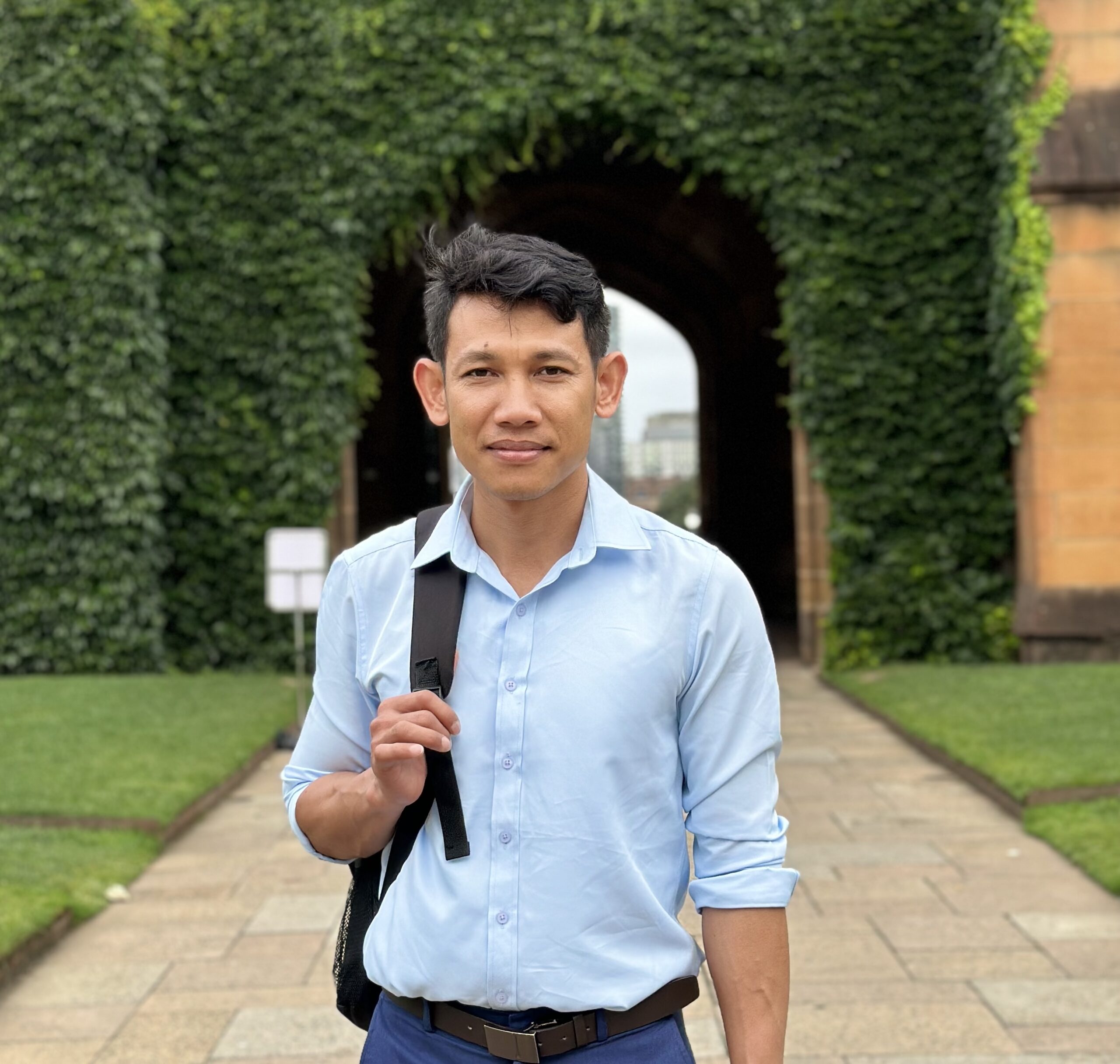
The artwork for the Co-Lab SDGs logo is being used with the permission of the author Seth Brown, ‘Water 18’ Water Series, 2009, Relief Print. Banner Image: Markus Spiske via ‘Unsplash’.
The Project

Co-Lab SDGs brings together different stakeholders involved with education and industry to reflect and exchange knowledge on how to incorporate the United Nations (UN) Sustainable Development Goals (SDGs) into practice. This exchange of ideas involves forms of critique, inquiry and investigation into the assumptions that underpin the SDGs, the challenges of data gathering in determining SDG achievement and the divide between policy and practice. Our aims under this broader goal of delivering on the SDGs is to:
- create a platform to share information and knowledge
- develop and use innovative methodologies, models and tools to critique, inquire and investigate SDG translation into policy and practice
- build synergistic partnerships between local, state, national and international organisations.
The Challenge
United Nations (UN) Sustainable Development Goals (SDGs)
The UN developed 17 SDGs to address global challenges such as “poverty, inequality, the climate crisis, environmental degradation, peace, and justice”. These interconnected SDGs create a roadmap to achieving “a better and more sustainable future”. The UN recognises that “ending poverty must go hand in hand with strategies that build economic growth and address a range of social needs including education, health, social protection, and job opportunities, while tackling climate change and environmental protection”. The UN is using the SDGs as a “critical framework for the Covid 19 recovery”. The plan is to achieve all of the SDGs by 2030.
Outcomes
Higher Education Leadership and the United Nations Sustainable Development Goals in Postcolonial Cambodia
Project timeline: 2022 – 2026
Key contributor: Loeurt To
Cambodia, one of the oldest countries in Southeast Asia, has experienced considerable political turmoil and internal conflicts throughout its history. After gaining independence from French colonization in the early 1950s, the country faced prolonged internal conflicts until the early 1990s. These periods of colonization and civil war took a toll on Cambodia, leading to the need for a vision to rebuild the country and its education system.
Despite these challenges, Cambodia has demonstrated remarkable economic advancements in recent decades. The nation has set its sights on transforming into a high-income country by 2050 and fostering a knowledge-based economy by 2030, driven in part by its higher education sector. Cambodia has also committed itself to the attainment of the Sustainable Development Goals (SDGs), prominently SDG4, with the objective of achieving inclusive and equitable quality education by 2030. Notably, the national development strategy outlined in the Roadmap 2030 aligns harmoniously with the aspirations of SDG4. However, the imperative for enhancing the higher education system remains substantial, as a pivotal step towards fulfilling this ambitious vision.
This research study will explore the roles of policies and leadership in promoting inclusive and quality higher education in Cambodia. The significance of this research lies in its potential to provide insights into the impact of existing higher education policies and practices on achieving SDG4 in Cambodia. By considering historical influences, power dynamics, and cultural complexities through a postcolonial lens, the study aims to uncover the social reality of higher education in the country. The findings can contribute to a critical analysis of the global SDG agenda, particularly SDG4, not only in Cambodia but also in other postcolonial contexts. However, it is essential to acknowledge that the research may have limitations in fully capturing the diverse cultural perspectives and historical nuances that shape Cambodia’s higher education landscape.

 Dr Seth Brown
Dr Seth Brown Loeurt To
Loeurt To